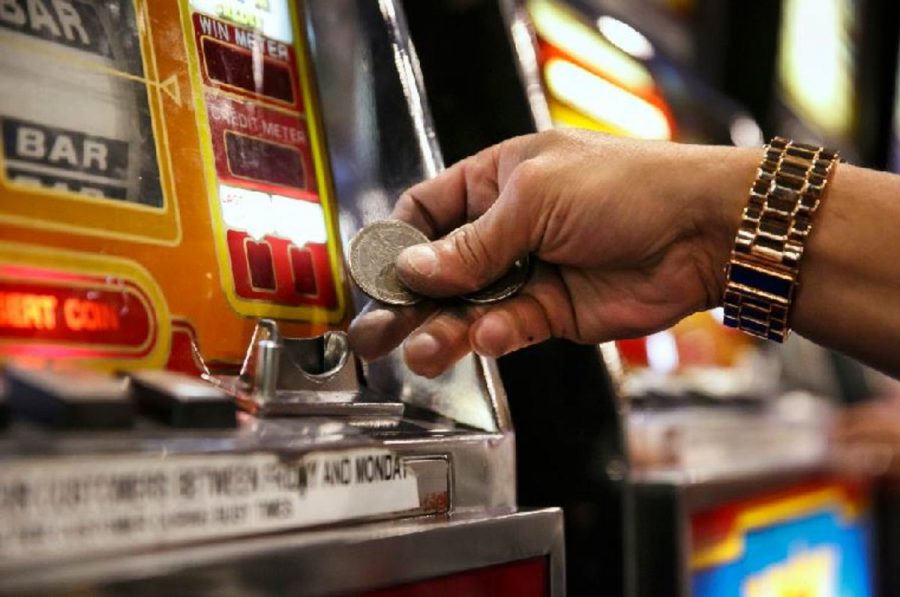Gaming leads to gambling
When you think of gateway drugs, the first thoughts most likely to come to your head are alcohol, marijuana, and of course video games. That is right: video games are a gateway drug to gambling.
For most of 2017, there has been a lot of controversy in video game microtransactions (making in-game purchases for a digital reward) and, more specifically, items called “loot boxes,” which randomize the reward, leaving it up to chance on whether the reward was good or not.
Loot boxes can be earned from playing the game over time or can be purchased with real money to get those helpful upgrades, new abilities, and credits (in-game currency) faster.
This leads to people wondering if buying “loot boxes” should be considered gambling.
“Mixing gambling and gaming, especially at a young age, is dangerous for the mental health of the child,” said Koen Geens, Belgium’s Minister of Justice, to “PC Gamer.”
Geens is also considering banning loot boxes entirely in Belgium.
“Loot boxes” and gambling are not only similar by definition but give a similar scientific reaction to the human brain.
Whenever you gamble or open a “loot box,” your brain gets a rush of dopamine (a hormone that makes you happy); even though you did not get the desired reward, your brain already got a rush of dopamine.
Video game developers further push this effect by slowing the time between opening said “loot box” and revealing the reward to make players happier with anticipation.
Another common trait with “loot boxes” is that once you open a “loot box” a flash of colors comes on screen further increasing your dopamine levels.
Even with showing all this evidence, it is understandable to still be skeptical. But if you do not believe the science, the definition similarities, or even Belgium’s reasoning for banning “loot boxes,” then listen to the story of Reddit user Kensgold.
At the age of 14, KensGold spent well over $10,000 over the course of a few years thanks to microtransactions and, admittedly, his own addiction to gambling.
The spending grew out of hand and not only emptied Kensgold’s savings but strained the relationship between him and his mother. He worked at near-minimum wage jobs and nearly 100 percent of his income went toward in-game purchases.
He started getting into more and more games that offered loot boxes and other in-game purchasing opportunities.
Kensgold realized he needed help and started seeing a therapist, confronting his addiction. But he wrote that some other young players may not receive the support that he received and end up worse off.
So next time you want that special weapon or new skin and decide to spend $4.99 for 5 “loot boxes,” just remember the story of Kensgold.
Sources:
Your donation will support the student journalists of Sycamore High School. Your contribution will allow us to purchase equipment and cover our annual website hosting costs.







